The appeals process through the WA State Supreme Court begins with an opening brief. This opening brief is important because the appeal is de novo, it starts the review over from the beginning.
Aug 31, 2020 | Durkan’s Opening Brief
The Mayor starts by explaining to the Court that Washington doesn’t let voters recall people because they’re unpopular. This is mostly true. By contrast, California and Oregon allow you to start a recall petition for whatever reason you want.
‘This recall should be dismissed because it will change how mayors do things.’
The Mayor argues that her recall is dangerous for future mayors because it would “chill” (legal term meaning inhibit) their actions. In other words, elected officials might think twice before they do things if this recall goes through. (We certainly hope so.)
‘They didn’t tell me what policies to make.’
Durkan introduces a new, and comical, argument that we haven’t seen before when she says that we didn’t say what policies she should have made to avoid a recall, therefore it’s invalid. If you don’t know how to do your job, Mayor, you’re welcome to quit and, I don’t know, take a class in public policy?
‘You don’t know what I was thinking.’
Previous arguments are brought back up again, that supposedly Durkan didn’t commit any specifically unlawful act, and that even if she did there wasn’t intent. The problem with bringing up intent is that this case doesn’t have the same standards that criminal law does. If the Mayor, say, traded an internship for personal favors, we don’t have to prove her mindset. (Spokane Recall, 2005)
For the “legal sufficiency” (was there a law broken) the Mayor says that her behavior was never unreasonable, and yet again, that the oversight she put in place over the Seattle Police Department doesn’t let her tell them what to do.
‘Tear gas keeps the police from killing people.’
When laying out the facts of the case, Durkan makes sure to say that Chief of Police Carmen Best made the right decision about using tear gas on people because chemical weapons are better than getting killed by the police. “[I]n the absence of such tools, ‘officers may rely on greater use of lethal force[.’]” It seems important to note here that tear gas and dying are not the only options?
‘I’ve been a very good mayor who is good at following the rules.’
The brief spends a considerable amount of time on current cases in Seattle; the ACLU case, the consent decree, the City Council ordinance, all trying to prove that the Mayor has been very good and followed the law.
The remainder of the argument focuses mostly on politics not being a good reason for recall and using other recall cases to say we haven’t met the standard.
‘I wrote the Consent Decree, so I know what it means.’
The final lines of the brief leverage the fact that Durkan wrote the Consent (oversight) Decree for the Seattle Police Department, therefore she’s an authority on what it means. In this case, she would like it to mean that the police are free to do whatever they please and she has neither obligation nor opportunity to change that.
